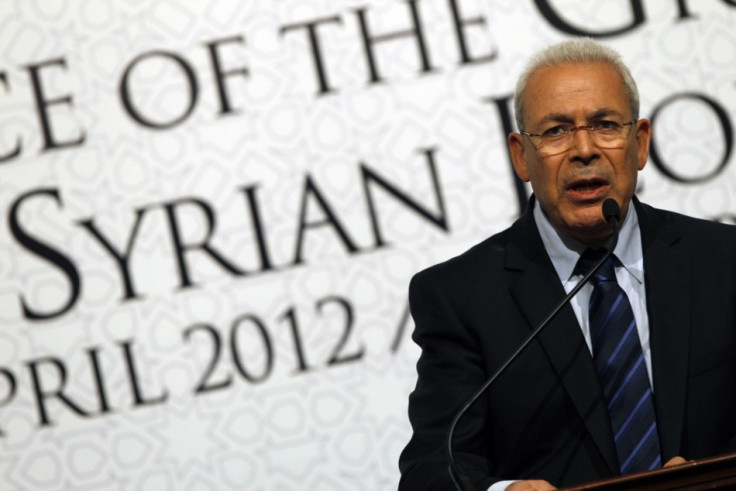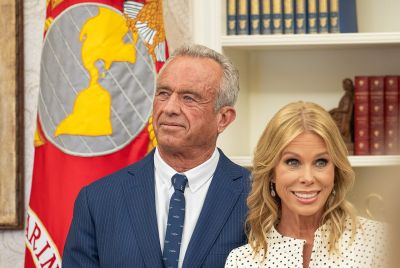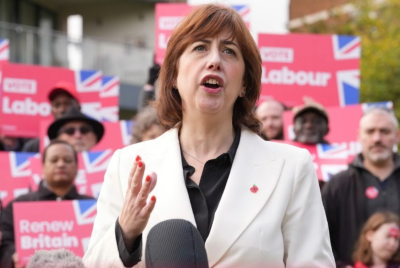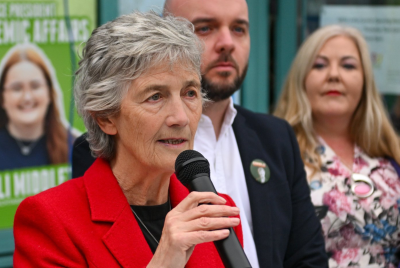Friends of Syria Seeks More UN Security Council Action as Violence Continues to Flare

Friends of Syria wants the United Nations to set a deadline for Syrian president Bashar al-Assad to stop the bloodshed that is tearing the country apart..
Syria's acceptance of UN envoy Kofi Annan's plan to end the violence has made little progress and the death toll has continued to rise across the country.
Members of more than 70 western and Arab nations met at the Friends of Syria conference in Istanbul to increase pressure on Damascus.
The international conference called on Annan "to determine a timeline for the next steps, including a return to the UN Security Council, if the killing continues", according to the group.
"The regime will be judged by its deeds rather than its promises," the statement said. "The window of opportunity for the regime to implement its commitments to joint special envoy Annan is not open-ended."
Syria said last week it had accepted the mediator's plan, but activists warned that shelling in opposition strongholds is still ongoing.
The six-point plan calls for an end to violence, a daily two-hour humanitarian ceasefire and access to all areas affected by fighting, an inclusive Syrian-led political process, the right to demonstrate and the release of people who have arbitrarily been detained.
US Secretary of State Hillary Clinton, who attended the meeting, criticised Assad's refusal to implement the ceasefire.
"Nearly a week has gone by, and we have to conclude that the regime is adding to its long list of broken promises," she said, adding that Assad was "mistaken" if he thought he could defeat the opposition.
Nabil al-Arabi, secretary general of the Arab League, urged conference participants to demand that the Security Council passes a binding resolution to stop the violence.
Assad's crackdown on opposition protesters started in March 2011 and has led to the deaths of more than 8, 000 people, according to the UN.
More than a year later, the bloodshed shows no sign of abating and, although demonstrations started off peacefully, the opposition has become increasingly militarised.
Opposition Calls for More Weapons Unanswered
While Annan's plan was welcomed by western and Arab nations, the Syrian opposition warned it will only be satisfied when Assad steps down.
Armed opposition groups, such as the Free Syrian Army (FSA), have repeatedly asked the international community to provide them with weapons and ammunition.
The Syrian National Council (SNC), a coalition of opposition groups which is increasingly gaining international support, also repeated calls more technical equipment, but warned: "For these supplies to be sent, neighbouring countries need to allow for the transfer via their sea ports and across borders."
Members of the 83 nations that attended the conference remain committed to helping the opposition, but have pledged financial rather than military support.
Diplomats at the conference said several Arab countries, including Saudi Arabia and Qatar, had agreed to pay several millions of dollars to fund the FSA.
Turkish Prime Minister Recep Tayyip Erdogan warned the international community might become more receptive to arming the opposition if the UN fails to take stricter measures against the Syrian regime.
"If the United Nations Security Council refrains from taking on the responsibility, the international community will have no choice but to accept Syrians' right to self-defence," Erdogan said as he gave the opening address at the conference.
Among the measures that were passed at the conference, the SNC was recognised as a legitimate representative of the Syrian people and as the main interlocutor for the international community.
SNC chairman Burhan Ghalioun, said: "The government has now become illegitimate."
He also announced that the SNC would pay the salaries of members of the FSA.
Violence Continues
Violence continued in the provinces of Idlib and Homs, as well as in the city of Aleppo.
Government forces killed two people in raids in northern Idlib, while one person was killed in an explosion in Aleppo and shelling continued in Homs, activists said, adding that the deaths could not be independently verified.
© Copyright IBTimes 2025. All rights reserved.





















